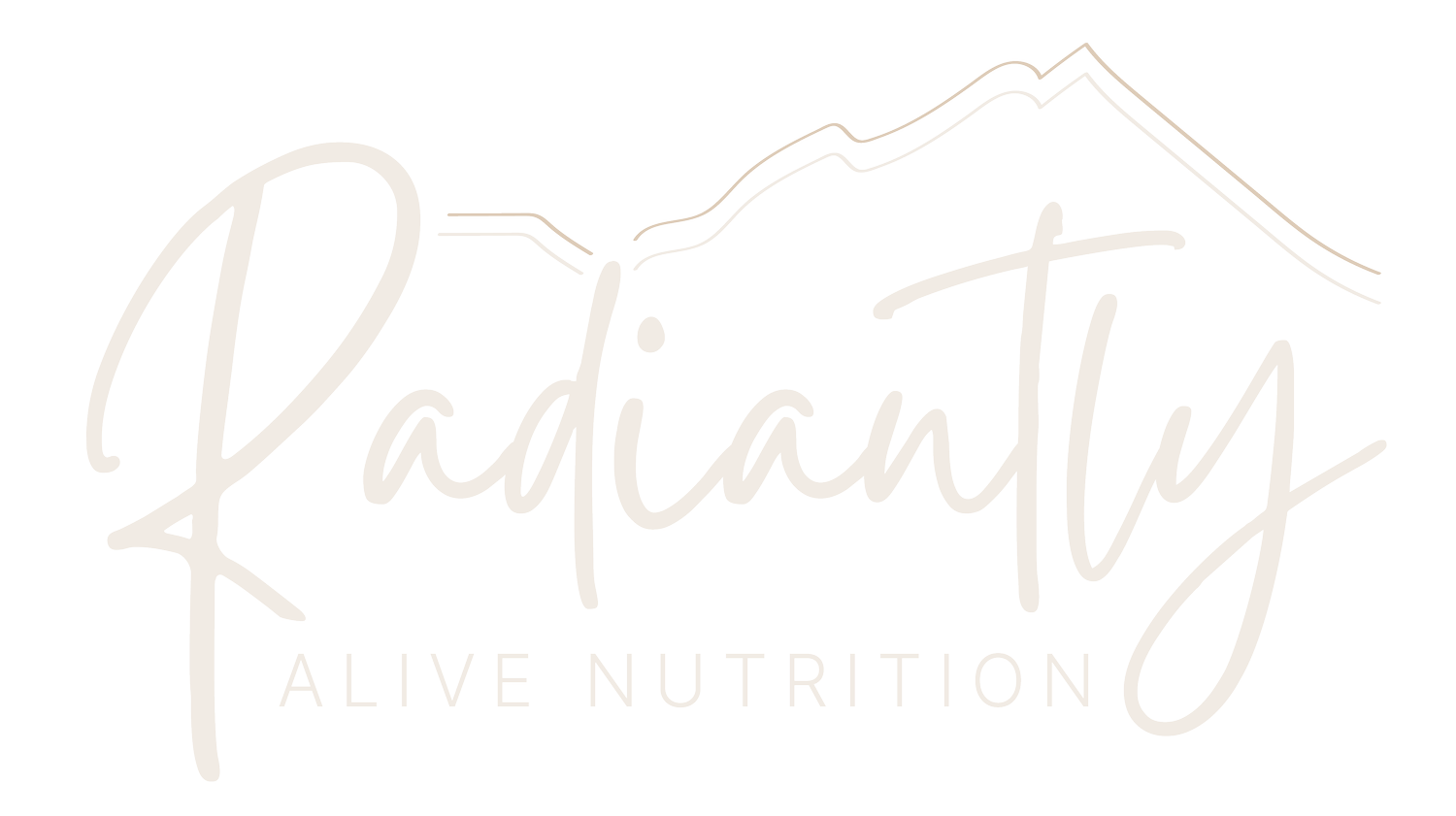10 Ways to Beat The Bloat
Bloating, that uncomfortable and often embarrassing feeling, is a common issue that many people experience. Whether it's caused by overeating, certain foods, digestive issues, or other factors, bloating can be both physically uncomfortable and mentally distressing. In this blog we'll discuss what can cause bloating and provide you with a comprehensive guide on how to relieve and prevent it.
Understanding Bloating
Bloating occurs when your stomach or intestines fill with gas, leading to a feeling of fullness and distention in the abdomen. It's often accompanied by symptoms like gassiness, belching, and flatulence. There are several common factors that can contribute to bloating:
Dietary Choices: Certain foods and drinks can contribute to bloating. Foods rich in fiber, such as beans, lentils, broccoli, and cabbage, can produce gas during digestion. Carbonated drinks and artificial sweeteners are also known culprits.
Eating Habits: Overeating or eating too quickly can cause your stomach to become overly full, leading to bloating. Chewing gum or drinking through a straw can also introduce excess air into your digestive system.
Digestive Disorders: Conditions like irritable bowel syndrome (IBS), bacterial overgrowth or other pathogens, food sensitivities or general digestive dysfunction can cause chronic bloating.
Constipation: When stool builds up in your colon, it can cause discomfort and bloating. Improper hydration, food sensitivities, an imbalanced microbiome and poor dietary habits are common causes of constipation.
Swallowing Air: If you tend to swallow air while eating or drinking, you may experience increased gas in your digestive system, leading to bloating.
How to Relieve Bloating
1. Watch Your Diet: Pay attention to foods that trigger bloating for you. While certain foods may be healthy, they can still cause discomfort. Consider keeping a food diary to identify patterns.
2. Eat Mindfully: Slow down while eating and chew your food thoroughly. This helps your digestive system break down food more effectively and reduces the amount of air you swallow.
3. Stay Hydrated: Drink plenty of water throughout the day. Proper hydration can help prevent constipation, which is a common contributor to bloating.
4. Limit Carbonated Beverages: Carbonated drinks can introduce gas into your digestive system, leading to bloating. Opt for water, herbal tea, or other non-carbonated beverages.
5. Moderate Fiber Intake: While fiber is essential for a healthy digestive system, consuming too much at once can cause gas. Gradually increase your fiber intake to allow your body to adjust.
6. Consume Balanced Meals: Incorporate a variety of nutrients into your meals, including lean proteins, whole grains, healthy fats, and fruits and vegetables. This can promote healthy digestion and minimize bloating.
7. Incorporate Probiotics: Consuming foods rich in probiotics, such as yogurt, kefir, and fermented vegetables, can promote a healthy balance of gut bacteria and aid digestion.
8. Exercise Regularly: Physical activity can help stimulate digestion and reduce constipation. Aim for at least 30 minutes of moderate exercise most days of the week.
9. Practice Portion Control: Be mindful of portion sizes to avoid overeating. Use smaller plates and listen to your body's hunger and fullness cues.
10. Stress Management: Chronic stress can impact digestion. Engage in relaxation techniques such as deep breathing, meditation, or yoga to alleviate stress.
Please note that this is an extremely generalized list of actions to take for preventing bloating. I like to refer to these steps as the foundations of good gut health. However, if you are following the above guidelines and are still experiencing regular bloating, gas or other digestive symptoms, it is likely that there are deeper issues or imbalances at hand.
Doing functional lab testing to look at things like food sensitivities, digestive function, intestinal health, bacteria overgrowth, microbiome imbalance, poor immune health and gut inflammation is extremely beneficial to understand the full picture and to be able to address the root cause of your symptoms.
Contact me to discuss how I can help you beat the bloat and understand the root behind your digestive symptoms today!

